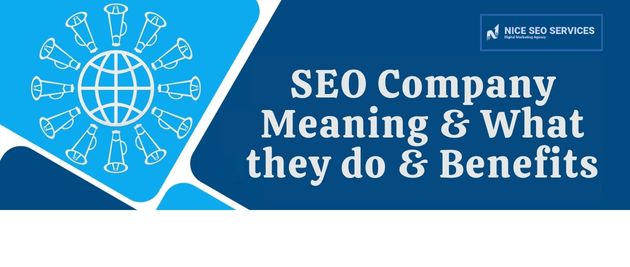How much time it takes to rank a website in any major search engines such as Google, Yahoo, Bing or countries specific search engine through SEO. Once you build and design your website the important task starts when it start showing in various search results from different keywords perspective.
Therefore, building a prominent online presence for your website involves a strategic journey through the world of Search Engine Optimization (SEO).
One of the most common questions businesses ask is, “How long does it take to rank a website?” The answer isn’t a one-size-fits-all, as various factors influence the timeline.
Let’s explore the key elements that impact the time it takes to achieve a favorable ranking on search engine results pages (SERPs).
1. Competition Level:

The competitiveness of your industry plays a pivotal role. In highly competitive sectors, gaining visibility takes longer, as numerous businesses are vying for the top spots. On the other hand, niche markets may witness quicker results.
2. Keyword Selection:
Choosing the right keywords is crucial. Long-tail keywords with specific intent often yield faster results compared to broad, highly competitive terms. Conduct thorough keyword research to identify phrases relevant to your business.
3. Website Age and Authority:
Newly launched websites usually take more time to gain authority in the eyes of search engines. Older, more established domains often have an advantage, especially if they consistently publish quality content.
4. Content Quality and Freshness:
Search engines favor websites that regularly produce high-quality, relevant content. Fresh and engaging content not only attracts visitors but also signals to search engines that your site is active and valuable.
5. On-Page Optimization:
Proper on-page optimization, including meta tags, headers, and keyword placement, is essential. Well-optimized pages make it easier for search engines to understand and index your content.
6. Backlink Profile:
Building a strong backlink profile takes time. Quality backlinks from reputable websites signal to search engines that your content is trustworthy and valuable. However, be cautious, as acquiring low-quality backlinks can harm your rankings.
7. Technical SEO:
Ensure your website is technically sound. Factors such as page load speed, mobile responsiveness, and secure HTTPS connections contribute to a positive user experience, influencing your search rankings.
8. Local SEO Considerations:
If your business targets a local audience, optimizing for local search is crucial. This involves creating a Google My Business profile, obtaining local citations, and managing online reviews.
9. Algorithm Updates:
Search engines frequently update their algorithms. While these changes aim to enhance user experience, they can impact your rankings. Staying informed about updates and adjusting your strategy accordingly is key.
10. Consistency in Efforts:
SEO is an ongoing process. Consistency in efforts, whether it’s producing content, building backlinks, or monitoring analytics, is essential for sustained success.
Conclusion

There’s no magic formula for how quickly a website can rank. It’s a dynamic journey influenced by industry dynamics, strategy, and the ever-evolving algorithms of search engines. By understanding and addressing these factors, businesses can navigate the SEO landscape with realistic expectations, ultimately achieving improved visibility and success in the digital realm.
Continue Reading Other Blogs or Articles
- Importance of Social Media for a Small Business
- What is On-page SEO | Important factors for ranking
- Why Hire a Shopify developer for your eCommerce
- Do SEO Services Near Me Help?
- The Benefits of Content Writing for your website
- 10 Benefits of Hiring Digital Marketing Agencies in Mumbai
- Importance of Domain Authority and Page Authority Scores in SEO





